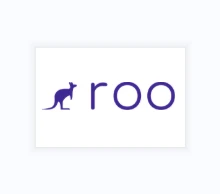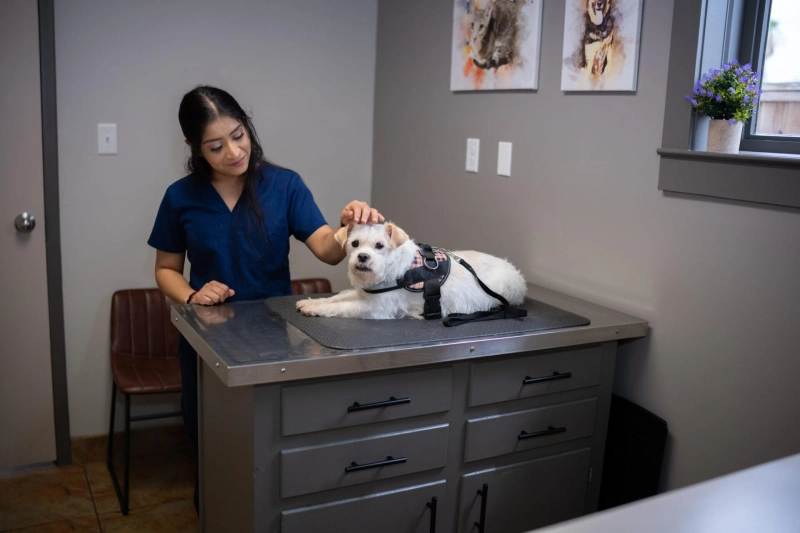For relief veterinarians working across multiple clinics, staying compliant with federal regulations—especially when dealing with controlled substances—is vital. One of the key requirements is maintaining a valid DEA license veterinary professionals need to prescribe or administer these substances. Whether you're starting your journey with Roo Veterinary Relief or already partnering with the Roo company, it’s crucial to understand how the DEA veterinary license affects your day-to-day responsibilities.
What Is a DEA License for Veterinarians?
The DEA number veterinarian professionals receive is issued by the U.S. Drug Enforcement Administration (DEA). This number is essential for legally prescribing and administering controlled substances. If you're a relief vet working through platforms like roo veterinary, this license is not just a formality—it’s a professional necessity.
Does a Relief Veterinarian Need a DEA Veterinary License?
Most often, yes. Relief vets typically operate as independent contractors. That means you’re responsible for maintaining your own DEA veterinary license unless explicitly covered by the clinic’s existing protocols. However, if you are supervised by a licensed veterinarian at a clinic with their own DEA registration, you might not need your own number temporarily—but this is not a long-term solution.
To stay compliant while maximizing career flexibility through platforms like roo vet, it's strongly recommended to obtain your own DEA registration. Doing so makes you more attractive to clinics seeking experienced and compliant professionals, including those looking for roo vet tech relief support as well.
How to Apply for a DEA License as a Relief Vet
Here’s a simplified breakdown of the process:
- Hold a state veterinary license in any state where you intend to practice.
- Visit the DEA Diversion Control Division website to apply online.
- Pay the applicable registration fee (currently $888 as of 2025).
- Renew your license every three years and meet continuing education requirements.
For roo veterinary relief professionals working across multiple states, be aware that you may need multiple DEA registrations depending on where you're practicing.
Compliance Best Practices for Relief Vets
- Maintain Accurate Logs
- Even when you're covering shifts through roo vet, ensure you document all controlled substance usage accurately and in accordance with DEA guidelines.
- Understand Local Clinic Policies
- Before each shift, review the clinic’s controlled substance procedures. Know whether to use your DEA number veterinarian credentials or follow the facility's protocols.
- Secure Medications Properly
- Relief vets using platforms like roo veterinary are expected to comply with the same security standards as full-time staff.
- Stay Informed Across States
- Each state has its own regulations. If you're part of the roo company network and travel frequently, familiarize yourself with each location’s laws to ensure full compliance.
Why It Matters
Working as a relief veterinarian offers unmatched flexibility and freedom—especially when you’re part of innovative platforms like roo vet or offering roo vet tech relief. But this independence also comes with increased responsibility. Obtaining and maintaining your DEA license veterinary ensures you can work confidently and legally across multiple facilities.
Need help navigating DEA compliance? Roo Veterinary Relief offers resources, guidance, and a strong professional network to help you build a thriving, compliant career.


